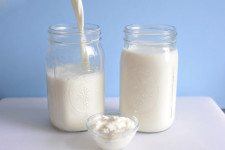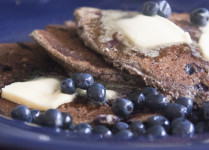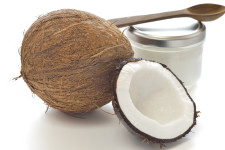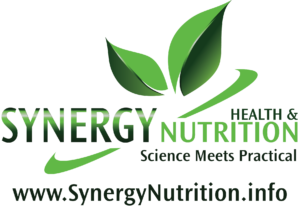The Art of Food Combining
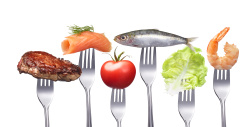
You asked for it. I just hope you really want to know: How we eat may be just as important as what we eat—depending on your health and health goals. Food is your #1 ally. While certain supplements can help certain situations, supplements cannot make up for poor diet. Most Americans believe that any number of different foods can be digested at the same time. Well, this isn’t what’s meant by food combining and may be why more than half of us suffer from some sort of digestive distress that no manner of elimination or medication can seem to fix. … Continue reading





